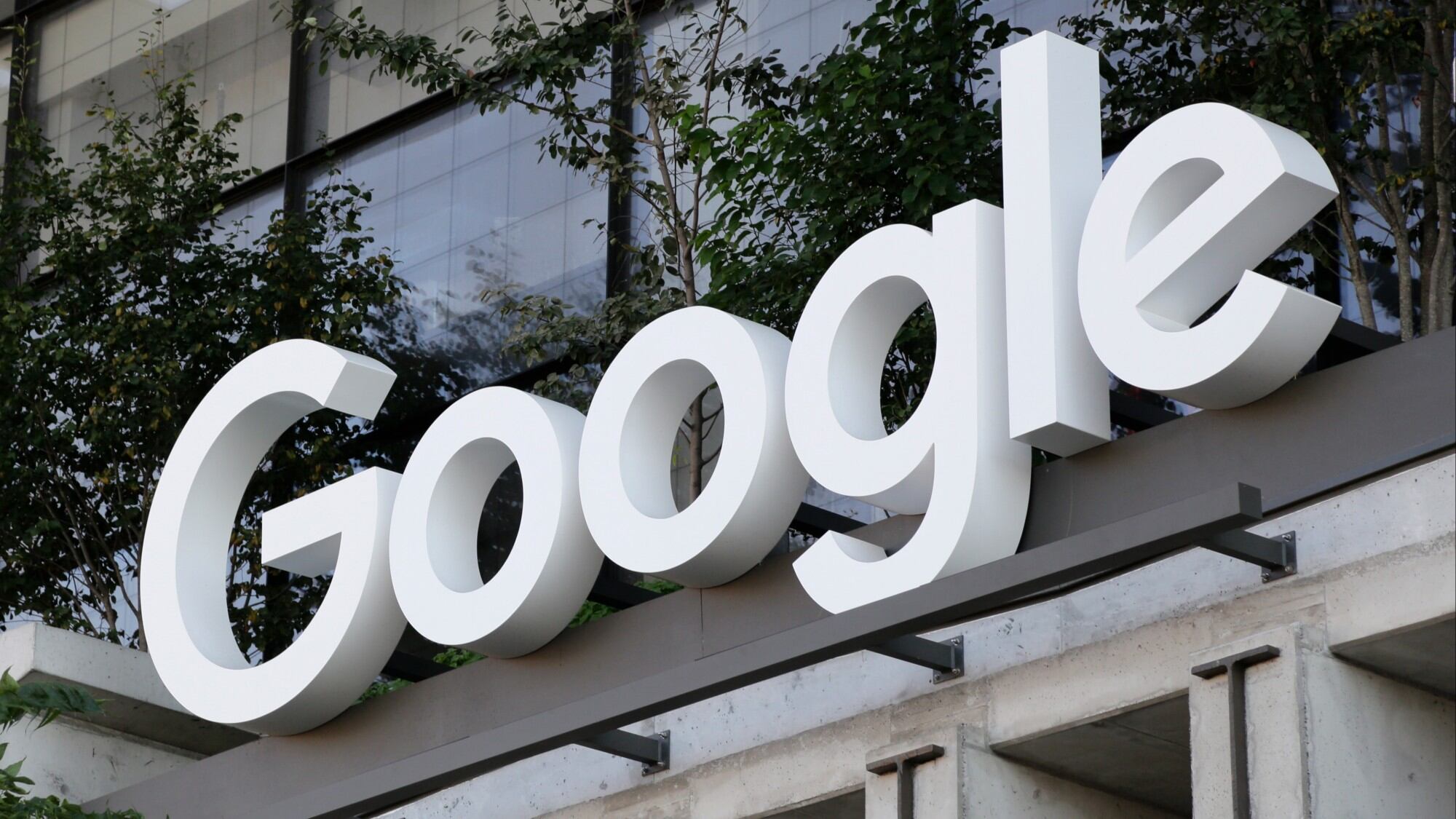By Michael Liedtke
Google has agreed to pay $700 million and make several other concessions to settle allegations that it had been stifling competition against its Android app store — the same issue that went to trial in a another case that could result in even bigger changes.
Although Google struck the deal with state attorneys general in September, the settlement's terms weren't revealed until late Monday in documents filed in San Francisco federal court. The disclosure came a week after a federal court jury rebuked Google for deploying anticompetitive tactics in its Play Store for Android apps.
The settlement with the states includes $630 million to compensate U.S. consumers funneled into a payment processing system that state attorneys general alleged drove up the prices for digital transactions within apps downloaded from the Play Store. That store caters to the Android software that powers most of the world's smartphones.
Like Apple does in its iPhone app store, Google collects commissions ranging from 15% to 30% on in-app purchases — fees that state attorneys general contended drove prices higher than they would have been had there been an open market for payment processing. Those commissions generated billions of dollars in profit annually for Google, according to evidence presented in the recent trial focused on its Play Store.
Consumers eligible for a piece of the $630 million compensation fund are supposed to be automatically notified about various options for how they can receive their cut of the money.
Another $70 million of the pre-trial settlement will cover the penalties and other costs that Google is being forced to pay to the states.
Google also agreed to make other changes designed to make it even easier for consumers to download and install Android apps from other outlets besides its Play Store for the next five years. It will refrain from issuing as many security warnings, or “scare screens," when alternative choices are being used.
The makers of Android apps will also gain more flexibility to offer alternative payment choices to consumers instead of having transactions automatically processed through the Play Store and its commission system. Apps will also be able to promote lower prices available to consumers who choose an alternate to the Play Store's payment processing.
Washington D.C. Attorney General Brian Schwalb hailed the settlement as a victory for the tens of millions of people in the U.S. that rely on Android phones to help manage their lives. “For far too long, Google’s anticompetitive practices in the distribution of apps deprived Android users of choices and forced them to pay artificially elevated prices,” Schwalb said.
Wilson White, Google’s vice president of government affairs and public policy, framed the deal as a positive for the company, despite the money and concessions it entails. The settlement “builds on Android’s choice and flexibility, maintains strong security protections, and retains Google’s ability to compete with other (software) makers, and invest in the Android ecosystem for users and developers,” White wrote in a blog post.
Although the state attorneys general hailed the settlement as a huge win for consumers, it didn't go far enough for Epic Games, which spearheaded the attack on Google's app store practices with an antitrust lawsuit filed in August 2020.
Epic, the maker of the popular Fortnite video game, rebuffed the settlement in September and instead chose to take its case to trial, even though it had already lost on most of its key claims in a similar trial targeting Apple and its iPhone app store in 2021.
The Apple trial, though, was decided by a federal judge instead of the jury that vindicated Epic with a unanimous verdict that Google had built anticompetitive barriers around the Play Store. Google has vowed to appeal the verdict.
But the trial's outcome nevertheless raises the specter of Google potentially being ordered to pay even more money as punishment for its past practices and making even more dramatic changes to its lucrative Android app ecosystem.
Those changes will be determined next year by U.S. District Judge James Donato, who presided over the Epic Games trial. Donato also still must approve Google's Play Store settlement with the states.
Google faces an even bigger legal threat in another antitrust case targeting its dominant search engine that serves as the centerpiece of a digital ad empire that generates more than $200 billion in sales annually. Closing arguments in a trial pitting Google against the Justice Department are scheduled for early May before a federal judge in Washington D.C.













